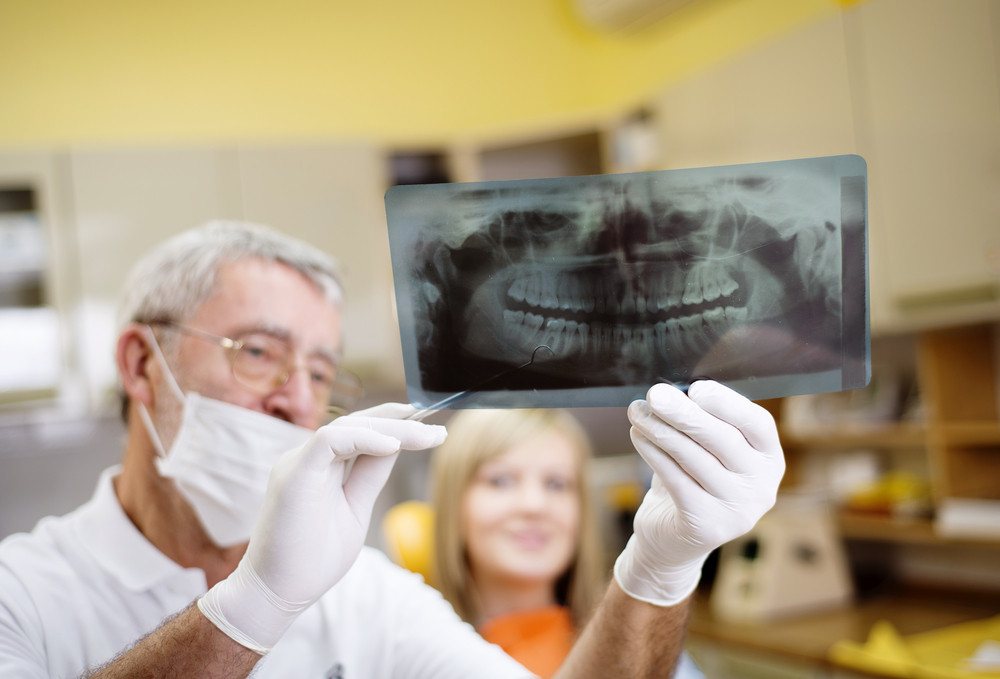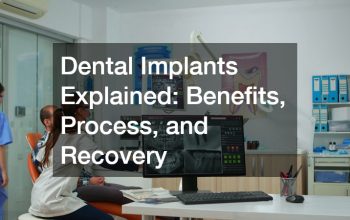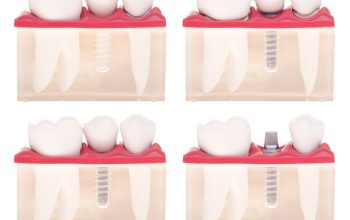

Wisdom tooth removal, a common dental procedure, addresses issues arising from the emergence of third molars, often between the ages of 17 and 25. While these teeth may not cause problems for everyone, complications such as crowding, pain, and infections can occur when there isn’t enough space for them to grow properly. Understanding what this removal process entails can help alleviate concerns and prepare individuals for the procedure.
- Evaluation and Diagnosis: The journey typically begins with a visit to a wisdom tooth specialist near Minneapolis, MN. Through a comprehensive examination and X-rays, the dentist assesses the position, size, and condition of the wisdom teeth to determine if extraction is necessary.
- Anesthesia Options: Before the procedure, the dentist discusses anesthesia options with the patient. Local anesthesia numbs the extraction area, allowing the patient to remain awake. Sedation anesthesia induces a state of relaxation, while general anesthesia renders the patient unconscious. The choice depends on factors such as the complexity of the extraction and the patient’s comfort level.
- Extraction Process: Once the patient is properly anesthetized, the dentist begins the extraction process. For impacted wisdom teeth, a small incision is made in the gum tissue to access the tooth. In some cases, the tooth may be divided into sections for easier removal. The dentist then carefully extracts each part of the tooth using specialized instruments.
- Post-Extraction Care: After the extraction, the dentist cleans the extraction site and may place stitches to promote healing. Patients receive detailed post-operative instructions, including medication management, dietary restrictions, and oral hygiene practices. Following these instructions is crucial for a smooth recovery and to minimize the risk of complications such as dry sockets or infections.
- Healing and Follow-Up: While the initial recovery period typically lasts a few days to a week, complete bone and tissue regeneration may take up to six months. Patients are encouraged to attend follow-up appointments with their dentist to monitor healing progress and address any concerns that may arise.
- Long-Term Benefits: Wisdom tooth removal alleviates existing dental issues and prevents potential complications in the future. By addressing crowding, pain, and infection early on, individuals can maintain optimal oral health and avoid more significant dental problems down the road.
In conclusion, wisdom tooth removal is a straightforward procedure that offers significant benefits for oral health and overall well-being. By working with a trusted wisdom tooth specialist and following post-operative care instructions diligently, individuals can undergo this procedure with confidence and achieve a smooth recovery.




